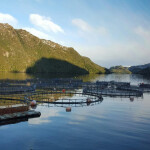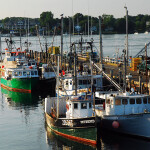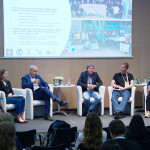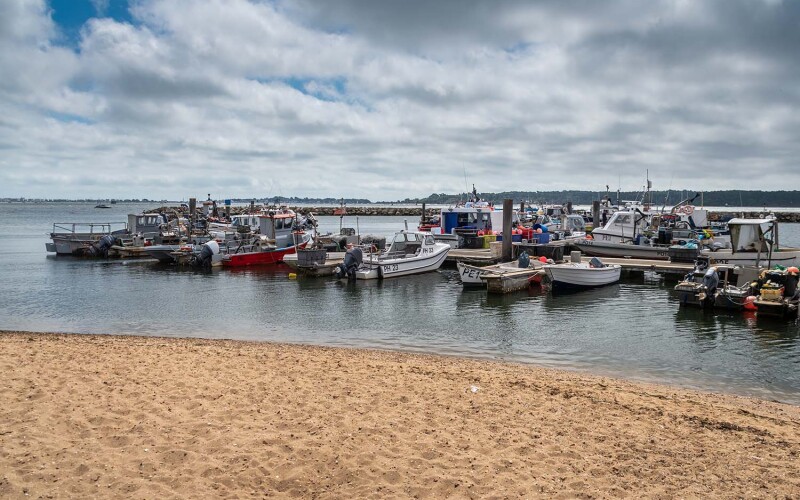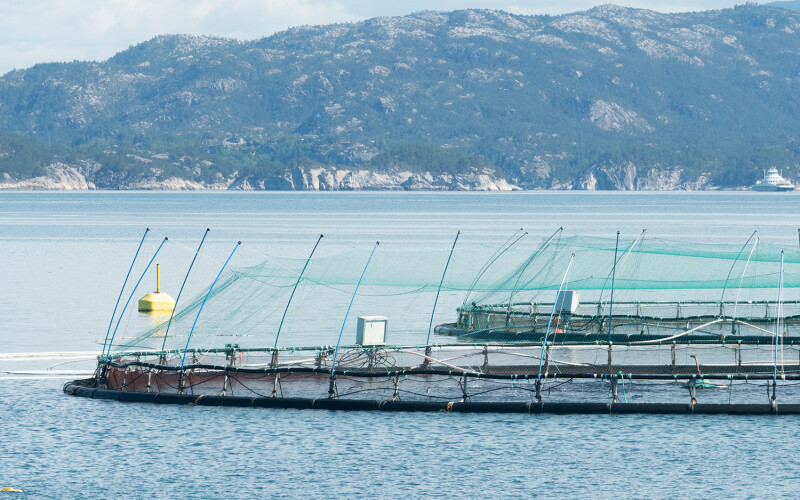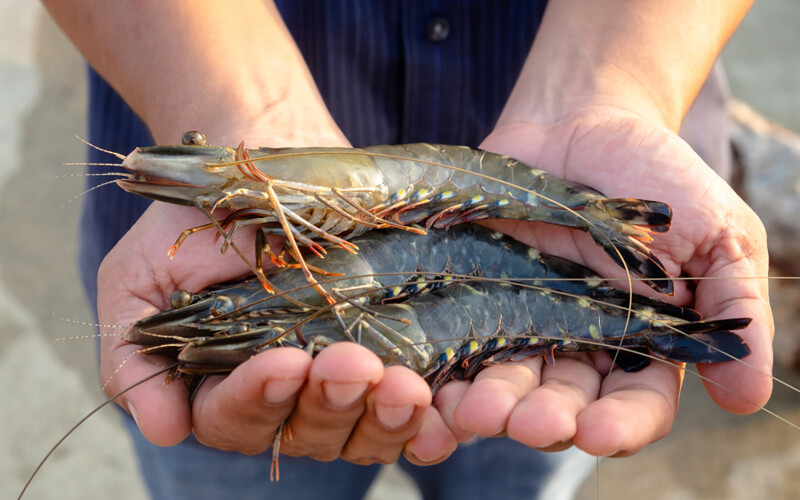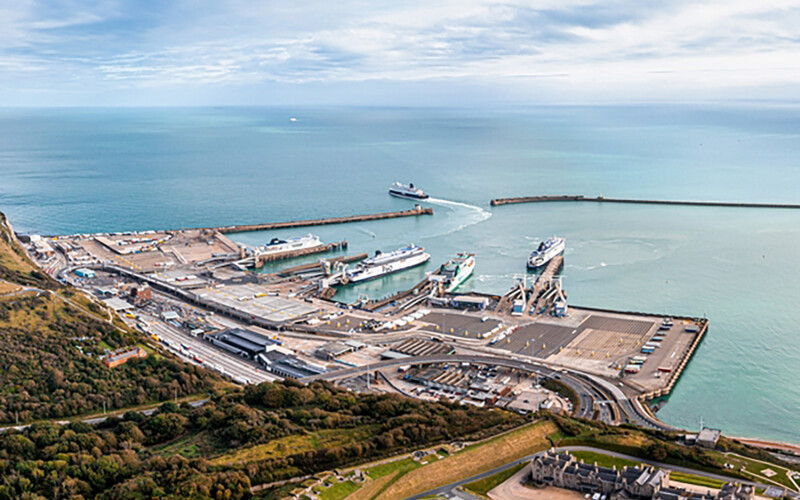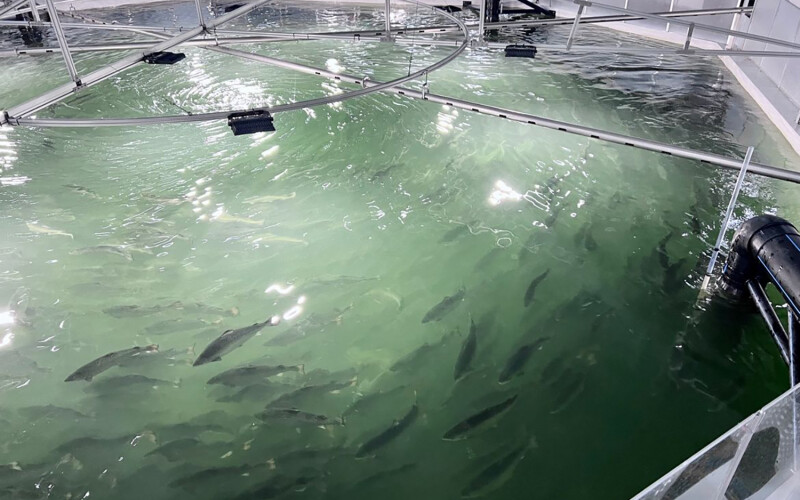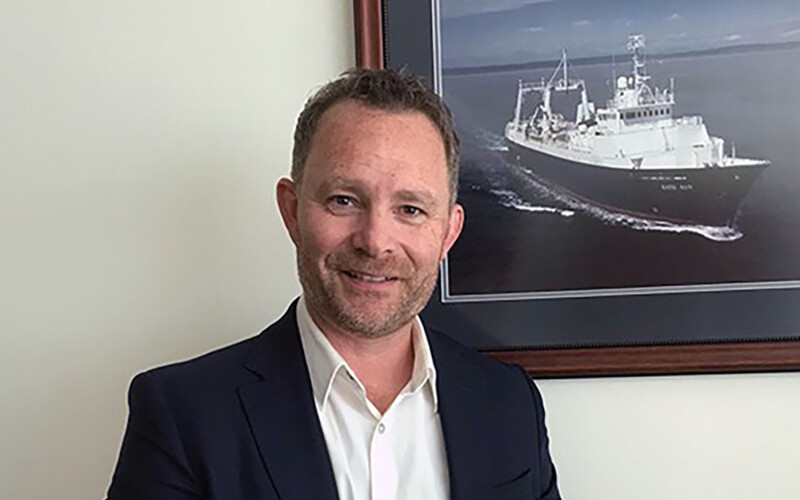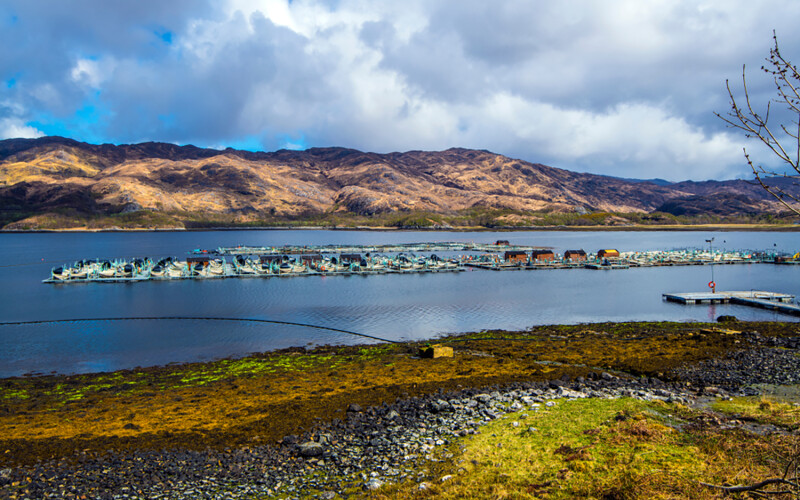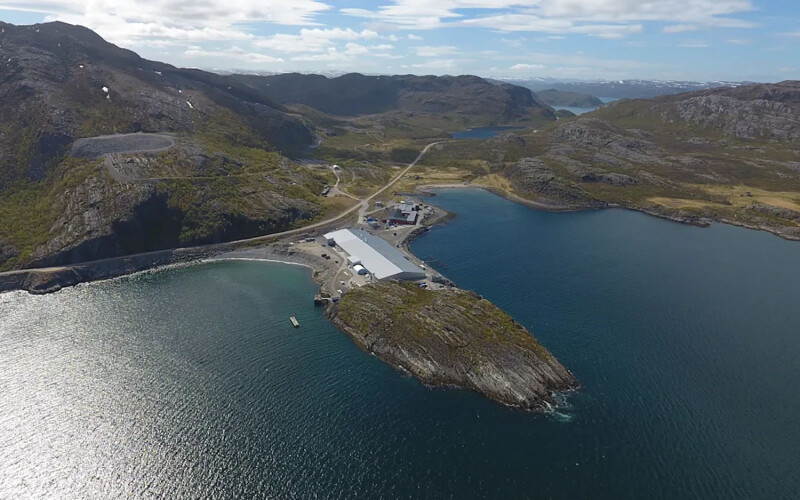London-based seafood writer and communications consultant Jason Holland has been a contributing editor to SeafoodSource.com since January 2010. Jason has more than 25 years of experience as a B2B journalist and editor – a career that has taken him all over the world. He believes he found his true professional calling in 2004 when he started documenting the many facets of the international seafood industry and he’s particularly proud of the strong, collaborative relationships he has formed at all stages of the supply chain.
Author Archive
Increased adoption of new technology has joined health, sustainability, the cost-of-living crisis, and other topics on a list of converging trends that are influencing a global seafood market projected to reach USD 605.5 billion (EUR 562.1 billion) in value by 2029, a new report from the Norwegian Seafood Council (NSC) has found.
Based on internal analysis and key industry insights, “Oceans of change: seafood trends for 2024” –
… Read MoreWith farmgate prices for whiteleg shrimp (Litopenaeus vannamei) decreasing and production costs rising, black tiger shrimp (Penaeus monodon) farming is making a strong comeback, according to Kontali Shrimp Analyst Ida Seljevoll Skancke.
Black tiger shrimp is the second-most cultured shrimp species in the world after whiteleg, or vannamei shrimp, but until 2002, it was the dominant species of farmed shrimp. Disease challenges and the introduction
… Read MoreThe price of importing seafood products into the U.K. from the E.U. will become more expensive from 30 April onward, following the U.K. government’s confirmation of new charges for goods entering the country through the Port of Dover and the Eurotunnel at Folkstone – two of the main entry points for European goods.
According to the new regulation, businesses importing consignments of animal and plant products that are eligible
… Read MoreThe lack of capacity inherent in traditional marine-based salmon farming has made land-based production a long-term growth opportunity for the industry, according to Nordic Aqua Partners Chairman Atle Eide.
Nordic Aqua Partners is building a recirculating aquaculture system (RAS) salmon farm in Ningbo, China, with the goal of supplying the Chinese market with fresh, local salmon.
Eide told attendees at the 2024 North Atlantic Seafood Forum
… Read MoreAlaska pollock fishers enjoyed a successful year in 2023, with the sector specifically targeting the bountiful 2018 and 2019 classes of fish, which have added weight and have reached an optimal size on average of 600 to 650 grams, according to American Seafoods Chief Commercial Officer Rasmus Sørensen.
“It is still early in the season, but the positive fishing trends from last year definitely seem to have continued into
… Read MoreWhen the United Kingdom left the European Union in January 2020, increased red tape and higher costs ensued for the nation’s seafood sector, especially in Scotland’s salmon-farming industry, which has missed out on GBP 100 million (USD 126.2 million, EUR 117 million) in annual exports, according to estimates from industry trade body Salmon Scotland.
In 2019, the Scottish salmon sector exported more than 53,000 metric tons (MT) to the
… Read MoreGrieg Seafood has eventual hopes of harvesting between 120,000 and 135,000 metric tons (MT) of Atlantic salmon annually, but after missing its initial 2023 harvest guidance of 87,000 gutted-weight tons (GWT) by some margin, the Bergen, Norway-headquartered producer has gone back to the drawing board to get its harvest goals back on track.
The group’s newly published 2023 annual report confirmed it harvested just 72,015 GWT in 2023; that
… Read MoreMarine conservation NGO Blue Marine Foundation has taken legal action against the U.K. government, claiming it has breached its own laws by repeatedly setting fishing quotas for more than half of U.K. stocks at levels higher than those guided by scientific advice.
The London, U.K.-based NGO is arguing that the government’s mismanagement of fish stocks is an irresponsible use of national assets and runs counter to the interests of the
… Read More

